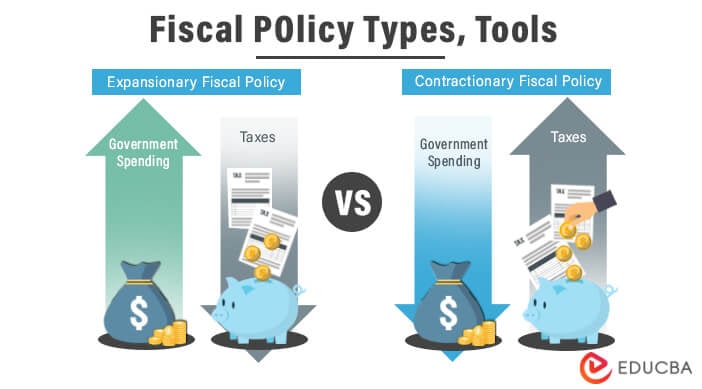Fiscal policy instruments to promote affordable housing

The document titled “Fiscal Policy Instruments to Promote Affordable Housing” explores various fiscal strategies that can be implemented to enhance the availability and affordability of housing, particularly in the context of the UK. It provides a thorough analysis of existing fiscal policies, identifies gaps, and proposes new instruments based on international best practices.
Introduction
The need for affordable housing has become increasingly urgent as housing costs continue to rise. The report outlines how fiscal policy can play a crucial role in addressing this challenge by utilizing various instruments to either increase the supply of affordable housing or enhance demand among low-income households.
Current Landscape of Fiscal Instruments
The UK currently employs limited fiscal instruments specifically aimed at promoting affordable housing. The majority of existing support is in the form of direct income assistance rather than structural changes to the housing market. The report highlights that many countries utilize a broader array of fiscal tools, including tax credits, interest rate subsidies, and grants for construction and renovation.
Key Fiscal Instruments Identified
The research identified six promising fiscal instruments for further analysis:
- Tax Incentives for Construction: These incentives allow developers to deduct a percentage of construction costs from their taxable income, encouraging the creation of affordable housing units.
- Homebuy Schemes: Similar to existing initiatives like Homebuy, these schemes could provide financial assistance to first-time buyers or those purchasing homes in designated areas.
- Interest Rate Subsidies: Lowering interest rates for specific affordable housing projects can make financing more accessible for developers.
- Grants for Renovation: Providing grants to renovate existing properties can help increase the stock of affordable housing without the need for new construction.
- Tax Credits for Renters: Introducing tax credits specifically for low-income renters could alleviate some financial burdens and make renting more affordable.
- Land Value Capture: This approach involves capturing increases in land value resulting from public investment and using those funds to support affordable housing initiatives.
Methodology
The study was conducted in two stages. The first involved a comprehensive review of international practices regarding fiscal instruments used to promote affordable housing. This included desk research, consultations with experts from various countries, and an analysis of policies categorized by their impact on supply or demand.In the second stage, a detailed examination of the shortlisted instruments was conducted to assess their potential effectiveness within the UK context. This analysis focused on economic rationale, targeting strategies, international implementation experiences, and practical considerations for introduction.
Assessment Framework
The report establishes a framework for assessing these fiscal instruments based on three main objectives:
- Increasing Consumer Capacity: Fiscal measures should aim to enhance consumer income or purchasing power related to housing.
- Adjusting Housing Prices: Policies must work towards reducing the effective price of housing, making it more accessible to consumers.
- Encouraging Supply: There should be incentives for developers to increase the supply of affordable housing units.
Comparative Analysis
The report compares the effectiveness and value for money of these fiscal instruments against traditional grant or loan-based mechanisms. It suggests that while grants are important, integrating fiscal incentives may provide more sustainable long-term solutions by fostering a self-sustaining market for affordable housing.
Conclusion
In conclusion, the report emphasizes that a multifaceted approach combining various fiscal policy instruments is essential for effectively addressing the affordable housing crisis in the UK. By learning from international examples and adapting successful strategies to local contexts, policymakers can create a more robust framework that not only increases the supply of affordable housing but also enhances access for those most in need. The proposed measures aim not only to alleviate immediate pressures but also to foster an environment where affordable housing can thrive sustainably over time.
Further reading:
Fiscal policy instruments to promote affordable housing cover
